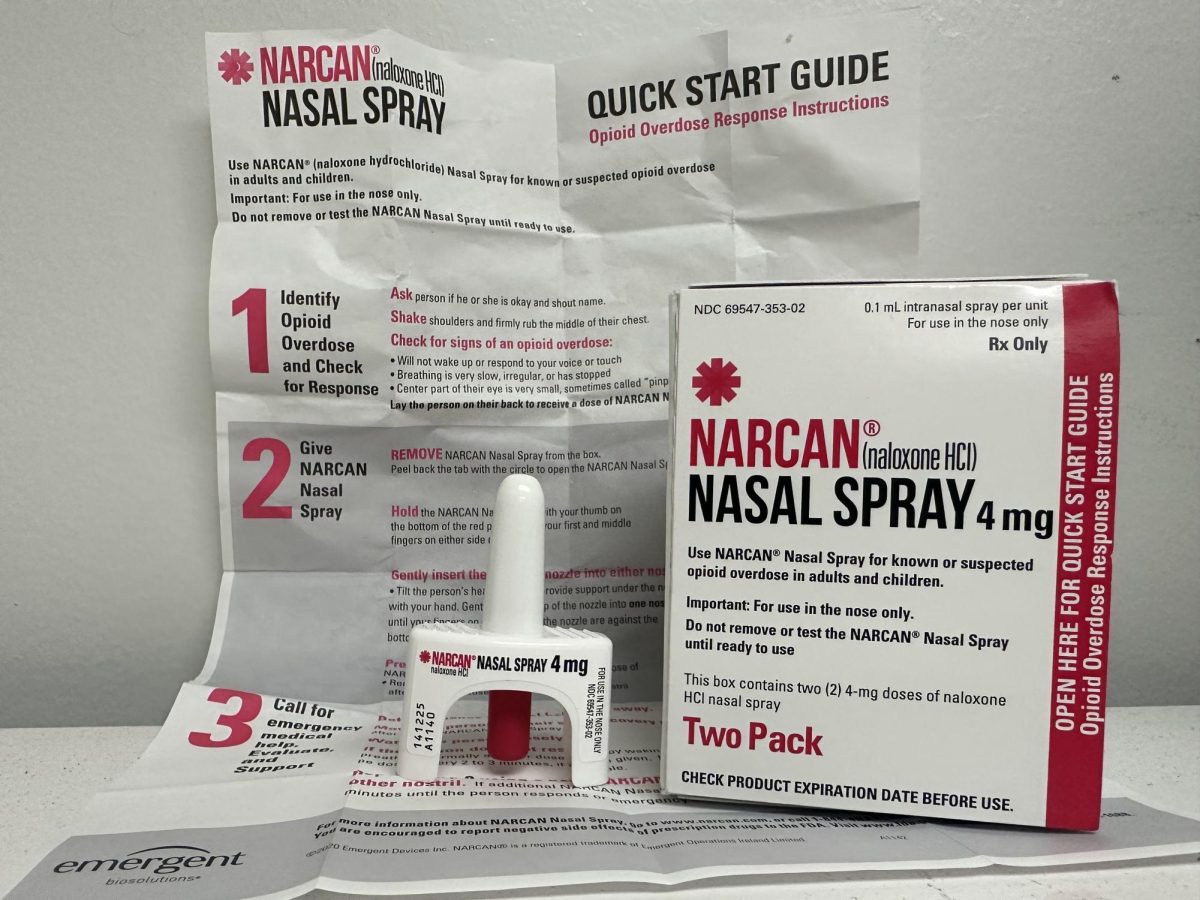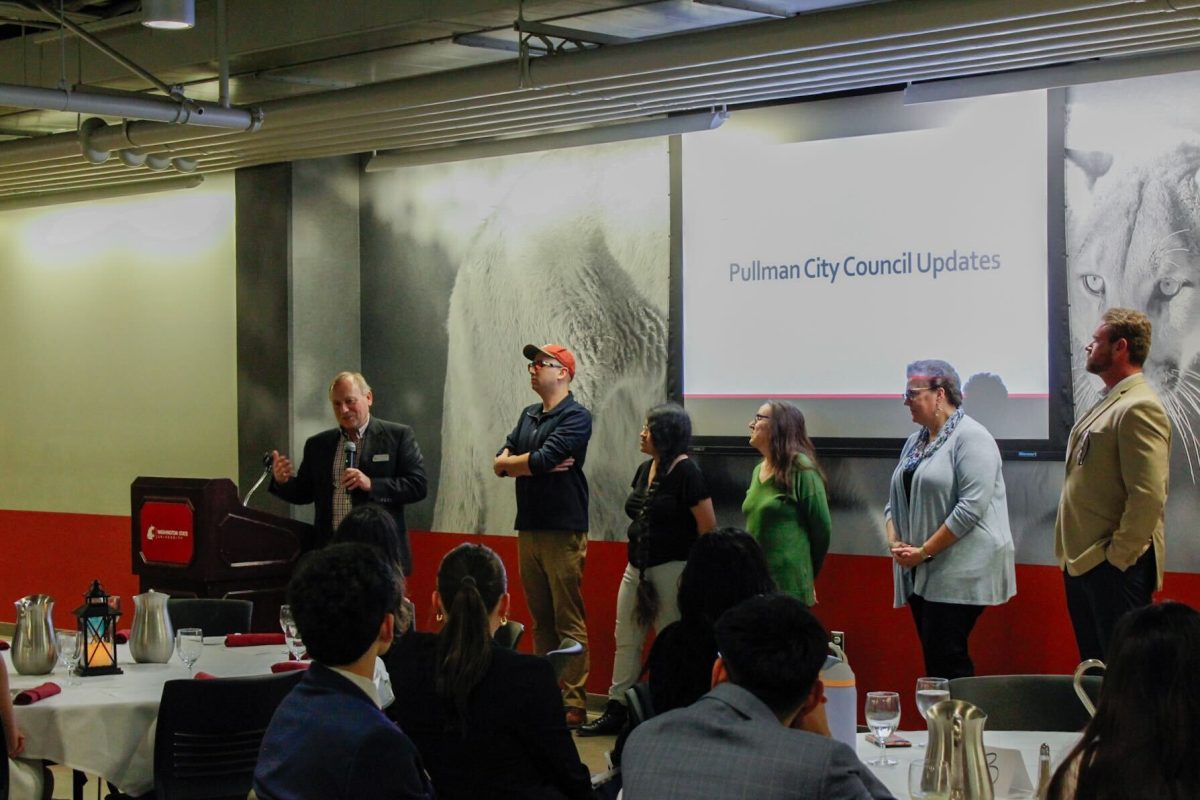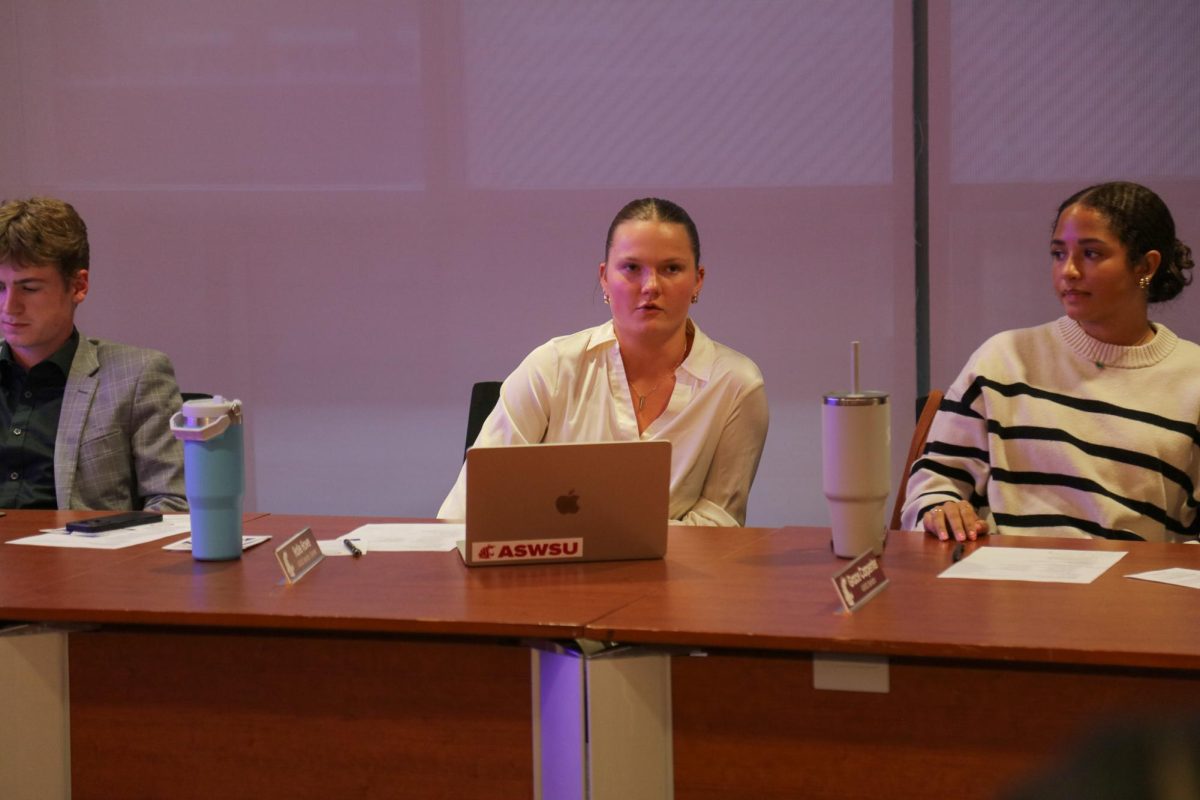PULLMAN, Wash. – Nov. 12, 2019 changed how Washington State University’s Greek Row operates forever.
Sam Martinez’s death that day due to hazing was a wake-up call throughout the community when it came to other alcohol-related issues and drug abuse.
According to the Center for Fraternity and Sorority Life, policies have been implemented to lower the risks on Greek Row such as check-in apps when going to parties and moratoriums.
However, Greek Row still tends to struggle with alcohol and other related issues. This past March, Greek Row shut down all activity with a soft drinking ban due to the high call volumes of Emergency Management Systems in the area.
According to Aaron Breshears, Pullman Police Department operations commander, there is a new problem that has been circling Greek Row for a while now that is coming to light which is opioid abuse and druggings.
“I am concerned about any type of opioid overdoses,” Bershears said.
In 2022, WSU provided Narcan, a medicine that rapidly reverses the affects of an opiod overdoes to Greek Row houses as well as residential halls to help with anyone who does overdose. But there is more that needs to be done, he said.
When it comes to what the university is seeing and doing to help the prevention two years later they are offering a variety of educational workshops. These different programs are specifically for students to go through, said Bekah MillerMacPhee, WSU health education director.
A significant number of requests for health and prevention programs come from Greek Life students. These requests are initiated after they are sent to WSU’s standard’s board or for educational programming for the chapters.
“We have, we have lost students to substance use, in our recent history, we so we are concerned about it from our perspective,” MillerMacPhee said.
However, the university is concerned about alcohol use and abuse by students as well as opioid use.
“We know that alcohol poisoning has taken some of our students so, so we’re concerned,” she said.
As far as preventative measures go, the university looks at them through a lens of a wide variety. Peer health educators know that some of the students they are talking to have already used and may already be misusing, and they also know that there are students who haven’t, MillerMacPhee said.
“As much as it would be nice if we could go in and say, okay, nobody has been hurt yet. Here’s what we can do to prevent any harm from occurring. We just know that we’re walking into a population of folks who have a lot of varying experiences, and we’re trying to build space for each one of those students with their different experiences [so it] feels like the conversation is relevant to them,” she said.
The important factors that come into play with the university are that these educators are communicating with the students and educating them on the harms of drug and alcohol abuse.











